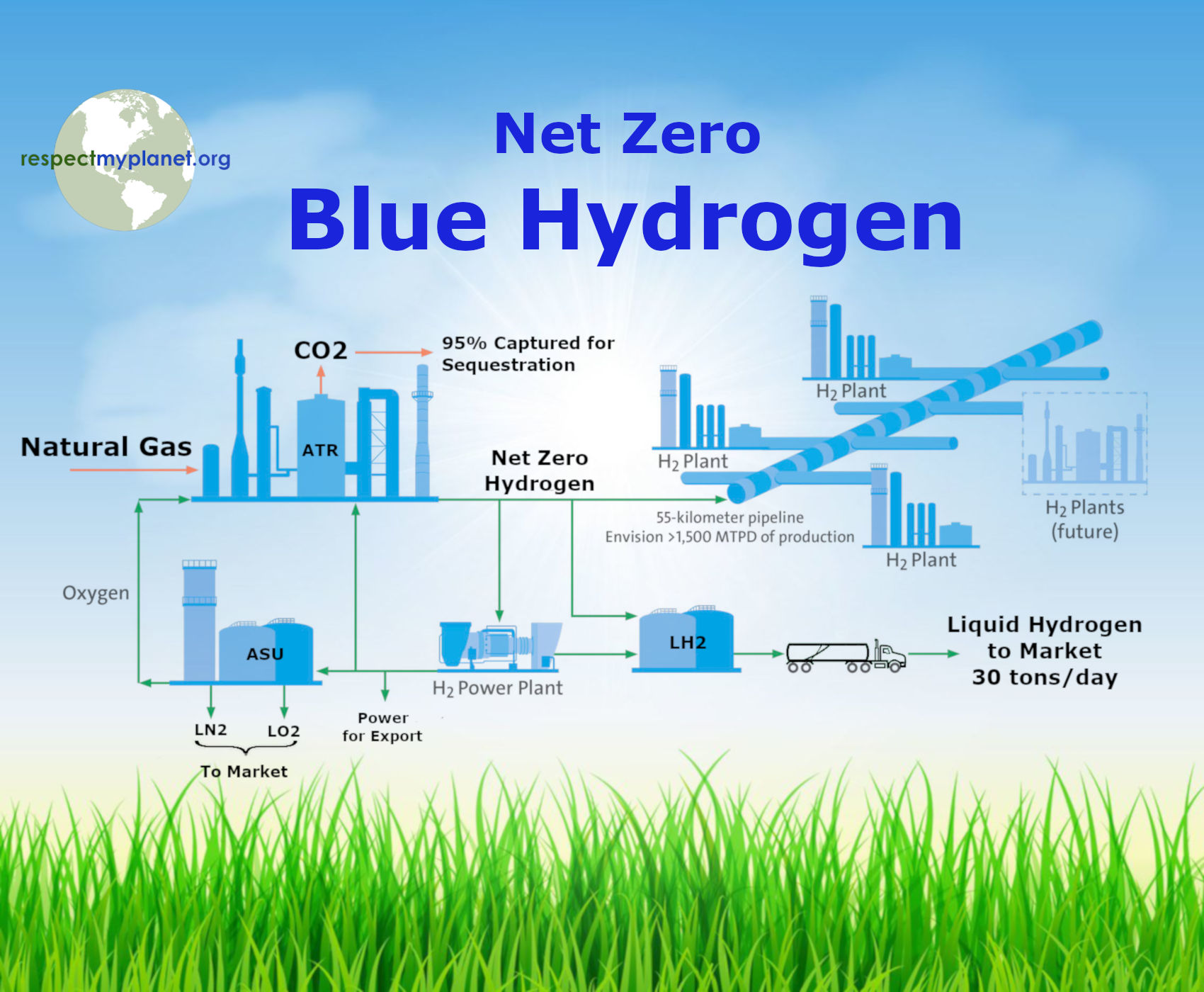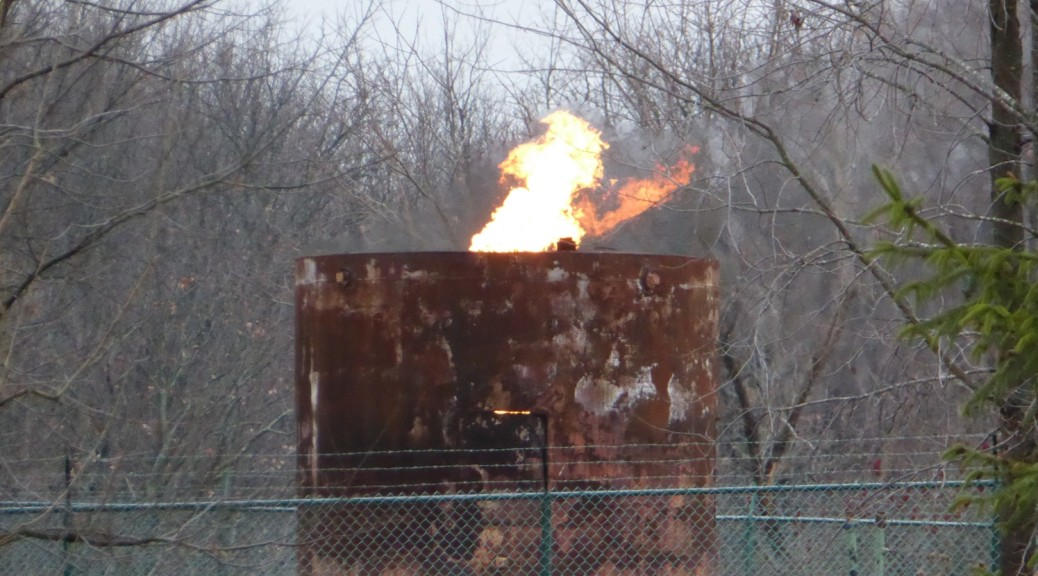Tag: waste water
-

The Truth About Blue Hydrogen
Blue hydrogen is a net zero way of making hydrogen for cars, trucks, boats, ammonia, or anything for that matter. This means a lot of energy produced with no CO2, NOx, SOx, or particulate emissions. Recently some big announcements came out about blue hydrogen investments in Edmonton & Louisiana. These big announcements prompted anti-hydrogen critics…
-

Michigan Oil & Gas Production Report January – December 2015
The 2015 full year petroleum production numbers are, according to RMP estimates, 98% reported. That means it’s time to review a whole host of tables and graphs showing you the top hydrocarbon producers in the Michigan Basin for 2015. Check out this annual production summary to see what got produced and where in Michigan. Also,…
-

Michigan Oil & Gas Monthly – February 2016
Check out the February “follow-up” edition of RMP’s Michigan Oil & Gas Monthly magazine. This month we revisit the Word of Faith 16-27 application for an oil well in the City of Southfield. Thousands of comments have been received and made public by the MDEQ. This month we take a closer look at public sentiment…
-

Michigan Oil & Gas Monthly – July 2015
The big story in July of 2015 is the expiration of 8 HVHF permits to drill into the Ordivician Collingwood. These permits expiring is just the latest piece of evidence in a long line of recent indications that HVHF in Michigan using millions of gallons of water per frac is over. RMP has been covering…